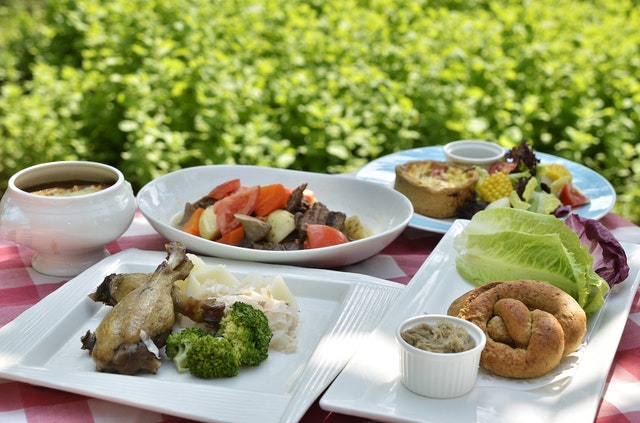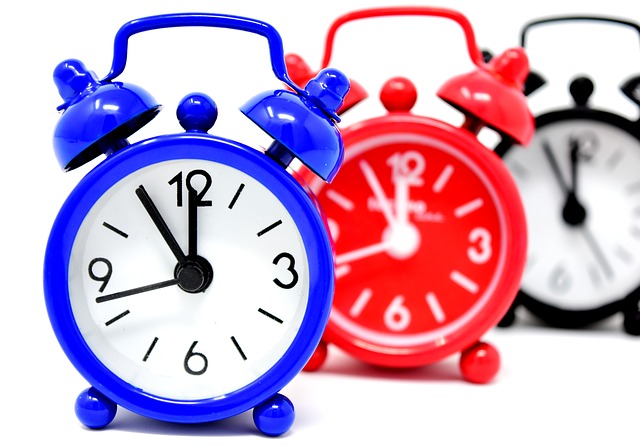The word diet does not mean hypocaloric food consumption. The true meaning of diet is derived from the ancient Greek word diaità, equating to lifestyle. This leads to the conclusion that the primary aspect of this term is a healthy lifestyle that involves a combination of balanced eating – which should never lead the body to the stress given by the binge-fast alternation – and regular physical activity.
Studies in the physiological field conducted by Harvard Medical School indicates that Mediterranean diet is the best for long-term weight loss. The study emphasises the preferable method of losing weight is through following a varied diet, rich in fresh, seasonal fruits and vegetables, with the right amount of carbohydrates, fats, and proteins. This is better than following a strongly hypocaloric diet that, in addition to imbalancing the endocrine system, alters the production of hormones responsible for sending signals of hunger and satiety, causes an obsessive hunger, which leads to loss of lean mass (muscle and bone).
The hourly diet
The chrono diet, also called the hourly diet, is based on an idea by a French nutritionist in the 80s and is supported by studies conducted by two Italian doctors, Dr Mauro Todisco and Dr Paolo Marconi. Its theoretical foundation is that certain foods should ideally be consumed at specific times of the day.
The initial assumption of chrononutrition is that not all foods and not all hours are the same, carbohydrates, for example, should be taken by 6pm, so that the body has time to use them efficiently as a source of energy, while proteins are better ingested in the latter part of the day. The idea is, therefore, to eat healthy foods, which are the constructs of the Mediterranean diet by combining them with the principles of the chrono diet, giving the body the ideal food at the right time.
Breakfast
The most important meal of the day, rich in carbohydrates, vegetable fats, and proteins, should be breakfast. In this way, you are going to limit hunger attacks during the day and, given the high energy needs of the morning, a large part of what you ingest is immediately and promptly consumed. For this reason, if you really want something sweet, it’s preferable to eat it at the beginning of the day. So do not be afraid to utilise fats like butter or better, extra virgin olive oil, including good Mediterranean bread, cheese, and eggs. Avoid foods containing refined flours, such as pan chocolate and other pastries that would be too heavy for your digestion.
Lunch
At lunch, it’s preferable to intake moderate portions of carbohydrates, wholemeal or semi-wholemeal, with limited quantities of non-animal seasoning fats and small amounts of protein accompanied by cooked or raw vegetables. Any type of meat, includingwhite meat and any veggies of your choice, would be fine. During lunch, as for breakfast, if you sometimes want to give into a craving in order to stay on the Mediterranean diet, you can enjoy a vegetarian pizza, rigorously cooked in a wood oven. At this stage, it would be best to avoid appetisers, desserts, dairy products, and bread. It would be good to skip this meal from time to time.
Dinner
For dinner, a frugal, light and digestible meal is the best, with the trick of consuming it at least 3 hours before going to bed. Opt for vegetable or animal proteins (legume soups and white meat or boiled fish). Avoid sugar, dairy, alcohol, and carbohydrates that are not used for energy production at that time, they would contribute to raising blood sugar as well as often causing unpleasant gastric acidity. Proteins and fats will instead, be readily used during nocturnal anabolic processes aimed at the reconstruction of your tissues, burning your fat reserves. Fruits are suggested as snacks between meals. In any case, the consultation of a nutritionist, in the case of special situations, is always the best solution to adopt the dietary intervention to your specific case.
The stomach will always be ready to do its job; it’s just a matter of giving it the right fuel to burn.


Leave a Reply